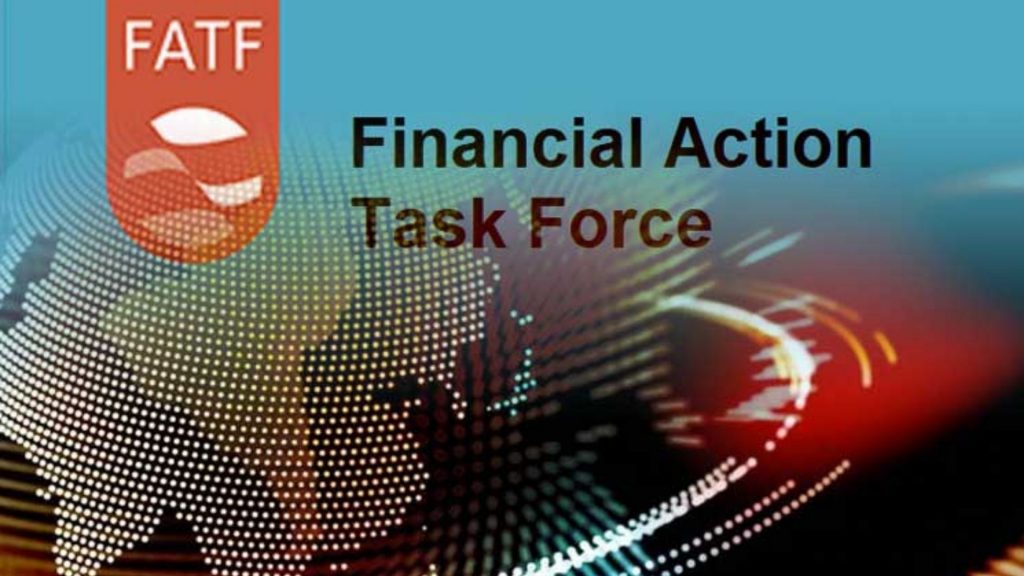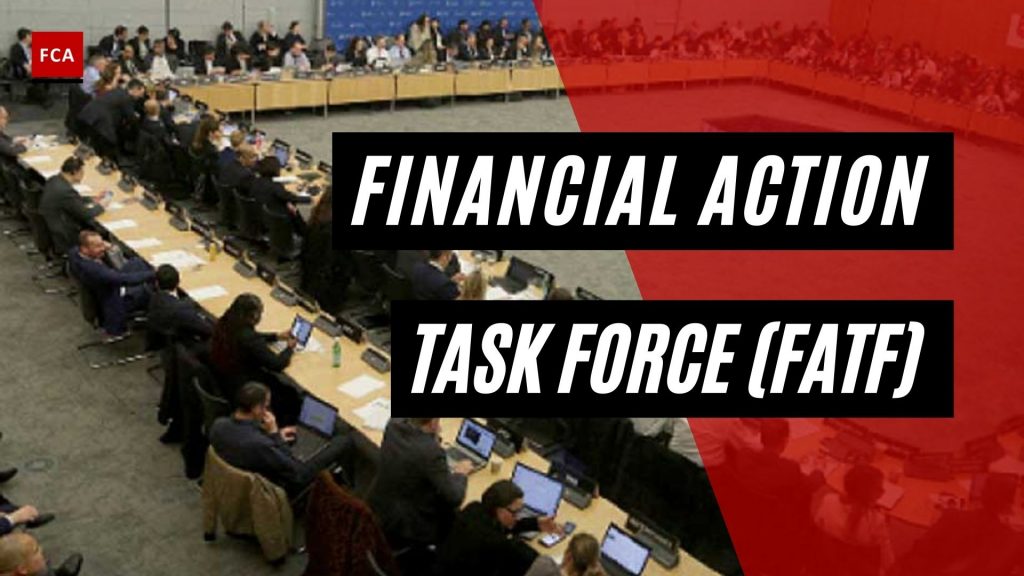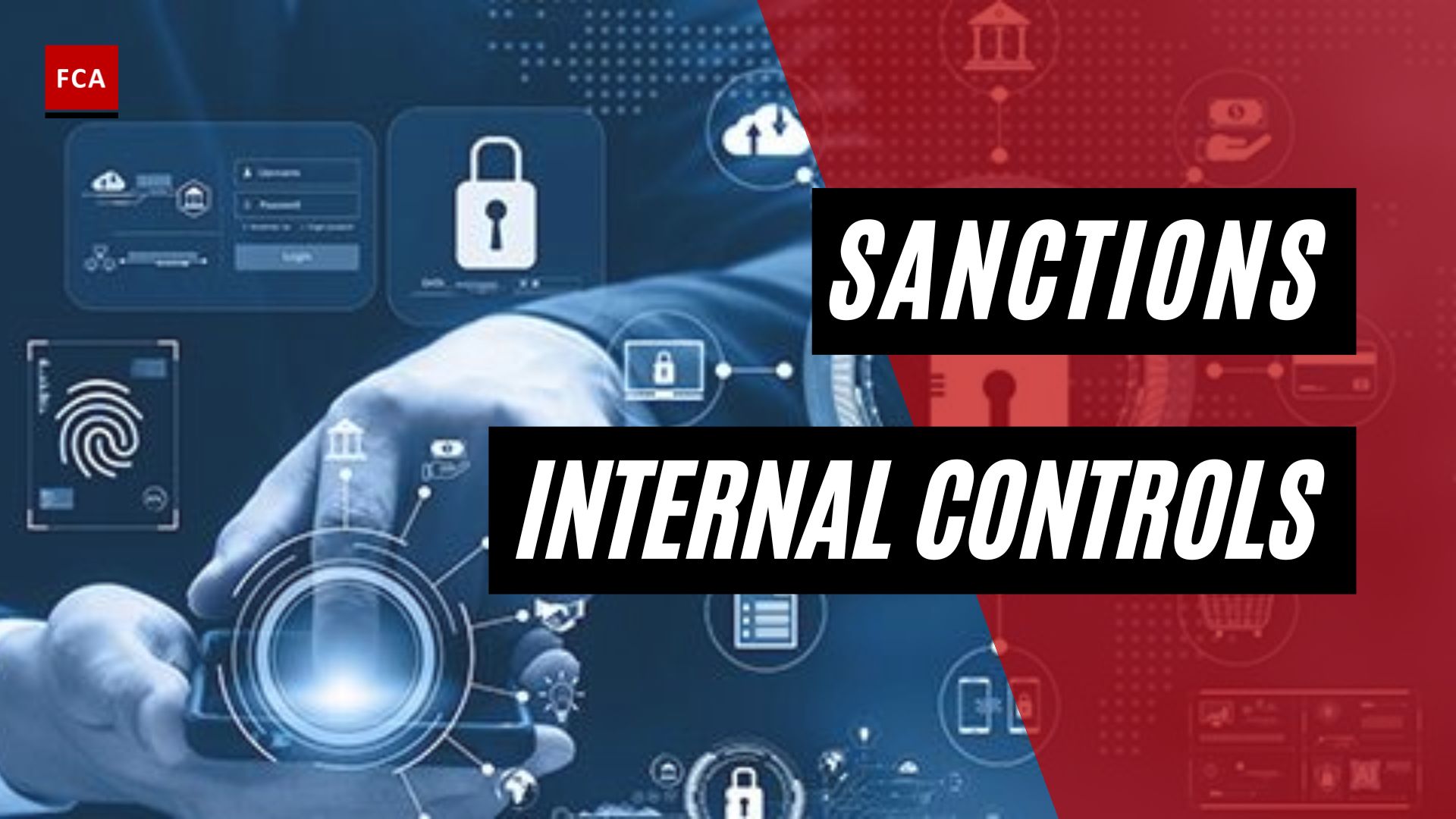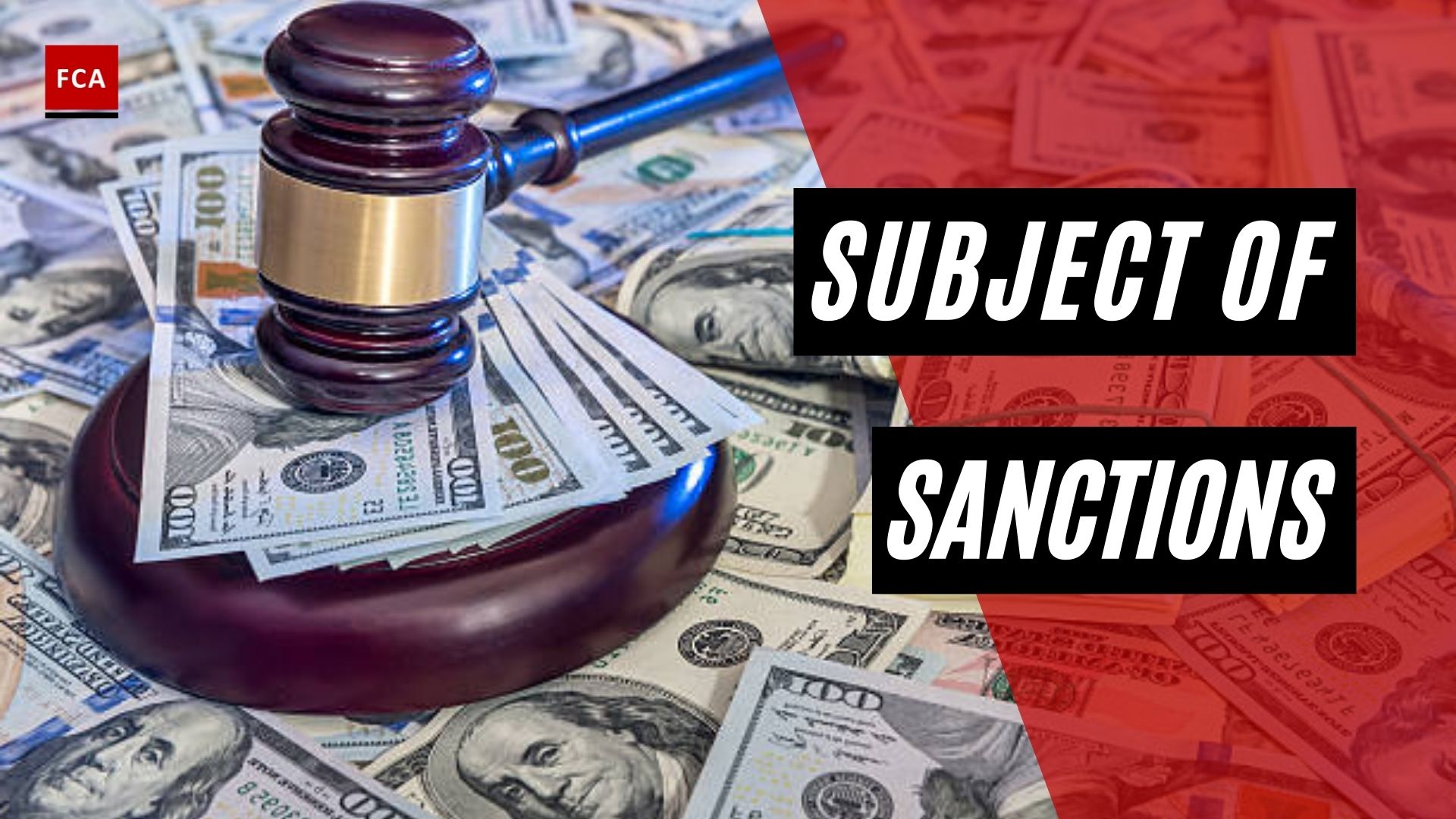Financial Action Task Force (FATF) might be already an organization that you’re familiar with, but perhaps you will be surprised to learn that they are also an influential organization for sanctions compliance.

Financial Action Task Force Background
So, let me start by explaining to you the background of FATF in brief. Essential, the group of seven countries formed FATF in July 1989 at a summit held in Paris. The initial purpose of FATF was to develop international standards to combat money laundering. However, after the terrorist attacks of September 11, 2001, FATF expanded its initial recommendations to include combatting terrorist financing. FATF itself has no formal power.
Instead, FATF’s influence is derived from the widespread adoption of its recommendations and its blacklist and greylist. Moreover, the Member States of the United Nations are expected to follow FATF recommendations as per a number of UN Security resolutions, including Resolution 2462 issued in March 2019.
What Is Blacklist?
The blacklist is a list of countries that FATF has determined are noncooperative in the international fight against money laundering and terrorist financing. This list currently includes countries such as Iran and North Korea. Member countries of FATF are expected to apply countermeasures against blacklisted countries to guard the international financial system against the risks arising out of those jurisdictions.
What Is Greylist?
The greylist is a list of countries that FATF has determined do not merit inclusion on the black- list but have strategic deficiencies in their anti-money laundering and counterterrorism financing regimes. Additionally, these countries have not made sufficient progress or otherwise committed to action plans to address the deficiencies identified by FATF. Ongoing failure to address these deficiencies could eventually result in being moved from the greylist to the blacklist. Members of FATF are expected to use caution and consider the particular risks of those countries on the greylist.
When a country is placed on the greylist, it may lose access to the global financial system. One example is the country of Pakistan. In early 2019, India wanted Pakistan placed on the blacklist for its perceived lack of action against proscribed terrorist groups and failure to implement and enforce measures against terrorist financing and money laundering.
In a plenary session of FATF, it was decided to keep Pakistan on the greylist and not move it onto the blacklist, which would have placed it among the likes of Iran and North Korea. FATF did warn Pakistan, however, to stick to deadlines with respect to curbing terror financing and money laundering or otherwise risk being placed on the blacklist in the next meeting.
Being placed on the greylist comes with consequences. While it is not as severe as being placed on the blacklist, Pakistan loses an estimated 10 billion US-Dollar annually as a result of its designation because nongovernmental organizations and other financial actors avoid the operational and reputational risks associated with dealing with Pakistan.
FATF also evaluates countries’ compliance with its recommendations through Mutual Evaluation Reports. These reports take into account, among other things, a country’s regulatory requirements, the supervisory framework of financial institutions, sanctions regimes, international cooperation, and— most importantly—implementation and adherence to FATF’s recommendations.
Now let’s bridge the activities of FATF with sanctions compliance. And in this light, I want to draw your attention to Recommendation 6. Recommendation 6 requires each country to implement the targeted financial sanctions regimes to comply with the United Nations Security Council resolutions relating to the prevention and suppression of terrorism and terrorist financing.
The focus of Recommendation 6 is on the preventive measures that are necessary and unique in the context of stopping the flow of funds or other assets to terrorist groups; and the use of funds or other assets by terrorist groups. In determining the limits of, or fostering widespread support for, an effective counter-terrorist financing regime, countries must also respect human rights, respect the rule of law, and recognize the rights of innocent third parties.
Recommendation 6 is intended to assist countries in implementing the targeted financial sanctions contained in the United Nations resolutions relating to the prevention and suppression of terrorism and terrorist financing. These resolutions commonly require countries to freeze, without delay, the funds or other assets of, and to ensure that no funds or other assets are made available, directly or indirectly, to or for the benefit of, any person or entity either designated by the United Nations Security Council.
So, as you can see, FATF puts in its global weight as a standard-setting body, even though this weight is more in the sphere of anti-money laundering and counter-terrorist financing, to urge countries around the world to effectively implement the targeted financial sanctions regimes to comply with the United Nations Security Council resolutions.
Final Thoughts
FATF’s goals are to set standards and promote the effective implementation of legal, regulatory, and operational measures to combat money laundering, terrorist financing, and other threats to the international financial system’s integrity. FATF is a policy-making body that works to generate the political will needed to implement national legislative and regulatory reforms in these areas. FATF monitors member countries’ progress in implementing its recommendations through peer reviews (mutual evaluations).








